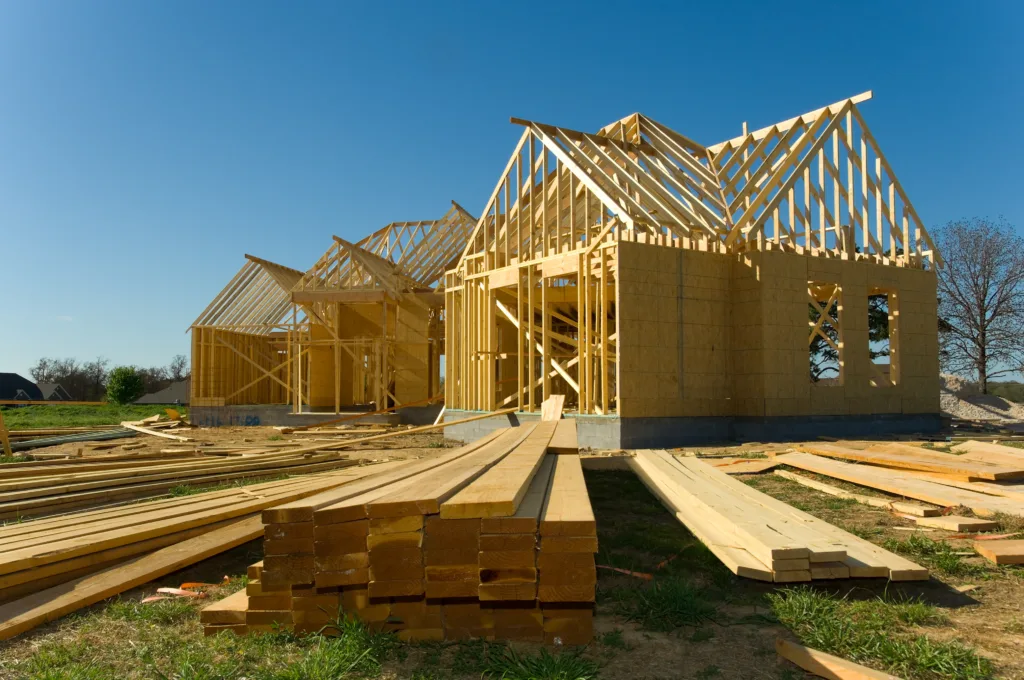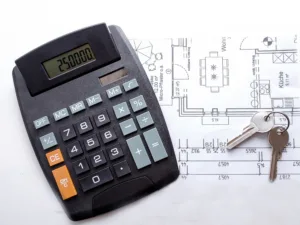Building a home can be an exciting and rewarding experience, but it can also be daunting if you don’t know what you’re getting into. From selecting the right location and working with builders to understanding zoning laws and selecting materials, there are a lot of factors to consider. To help you navigate the process, we’ve compiled a list of 10 things you should know before you start building yourself a home.
Table of Contents
1. Location is key
When it comes to building a home, location is everything. You can always remodel or update the interior of a house, but you can’t change its location. Before you begin the building process, research different areas to find the right one for you. Consider factors such as proximity to schools, work, and amenities, as well as the local climate and community. Think about your lifestyle and what you want from your new home, and choose a location that fits your needs.
2. The home building process takes time
Building a home is a complex and lengthy entire process that requires careful planning and coordination. The entire process can take anywhere from six months to a year, from the design phase to the actual construction. Be prepared to be patient and flexible throughout the entire process, and expect delays and unexpected setbacks. Keep in mind that the result will be worth the wait.
3. Choosing the right builder for your custom home is crucial
Choosing the right builder is one of the most important decisions you’ll make when building a home. Consulting with professional home builders can provide valuable advice on design decisions and solutions tailored to your project, ensuring you achieve the house of your dreams even on a budget. Look for an experienced, reputable builder with a good track record of delivering quality work on time and within budget. Do your research, read reviews, and ask for referrals from friends and family members who have built homes before. Make sure you choose someone who is easy to work with and understands your needs and expectations.
4. Zoning laws and regulations can be complex
Zoning laws and regulations can vary widely from one location to another and significantly impact the building process. Before you begin building, ensure you understand your area’s local zoning laws and regulations. This includes building codes, permits, and other requirements that may affect your project. Failure to comply with these laws and regulations can result in costly fines and legal issues down the road.
5. Financing your project can be challenging
Financing a home-building project can be challenging, especially if you’re working with a limited budget. It’s crucial to set aside more money than initially planned to cover unforeseen costs and ensure you can afford upgrades or additional features that may arise during the building process. Be prepared to do some research and shop around for the best financing options available. Consider factors such as interest rates, repayment terms, and fees when comparing different lenders. Talk to a financial advisor or mortgage broker for advice and guidance on finding the right financing option for your needs.
6. The importance of a realistic budget
Building a home can be expensive, so it’s important to have a realistic budget in mind. Consider all the costs associated with building, including permits, materials, and labor. Thorough planning can lead to significant opportunities to save money, especially by setting aside funds for unexpected expenses that may arise during the building process, thus reducing overall costs in the long run.
7. Energy efficiency is important
Building an energy-efficient home can save you money on your energy bills and reduce your environmental impact. Look for building materials and techniques that promote energy efficiency, such as insulated windows, high-efficiency heating and cooling systems, and LED lighting. Consider using renewable energy sources such as solar panels or geothermal systems to power your home. This will save you money in the long run and make your home more attractive to potential buyers if you ever decide to sell.
8. Choose the right materials
Choosing suitable materials for your home is important not only for aesthetic reasons but also for durability and functionality. Look for high-quality materials that will withstand time and require minimal maintenance. Consider factors such as weather resistance, fire resistance, and environmental impact when selecting materials for new house. Don’t be afraid to invest in high-quality materials upfront, as this will save you money and hassle in the long run.
9. Plan your dream home for the future
When building a home, it’s important to plan for the future. Consider factors such as family size, aging in place, and resale value when designing your home. Think about how your needs may change over time and design your home to accommodate these changes. For your family room for example, consider adding extra bedrooms or play areas if you plan to have children. If you plan to age in place, think about incorporating features such as a first-floor bedroom and bathroom, wider doorways, and grab bars. And if you plan to sell your home in the future, make sure your design choices will appeal to a wide range of potential buyers. Designing your home with the future in mind ensures it becomes your dream home or forever home, meeting your long-term needs and desires, and providing a space that brings joy for years to come.
10. Communication is key
Communication is key when building a home. Ensure you have a clear and open line of communication with your builder, architect, and other contractors involved in the project. Set expectations and goals upfront, and make sure everyone is on the same page throughout the process. Be prepared to ask questions, provide feedback, and adjust as needed.
11. Be prepared for unexpected costs
Building a home can be expensive, and unexpected costs can add up quickly. Prepare for unforeseen expenses by setting aside a contingency budget for unexpected costs. This should be at least 10% to 15% of your budget. Remember that unforeseen expenses can arise at any stage of the building process, from design changes to construction delays. An example of such an unexpected cost is window treatments, which are often overlooked but can significantly add to your expenses, emphasizing the need to budget for them carefully. So it’s essential to be prepared for extra costs.
In conclusion, building a home can be a complex and challenging process, but with the right preparation and planning, it can also be a rewarding and exciting experience. Remember to choose the right location, builder, and materials, understand zoning laws and regulations, plan for the future, and communicate openly with your team. With these tips in mind, you’ll be well on your way to building the home of your dreams.
Related posts
Read our other articles where you can find useful and relevant information about building your own home:
About the Author

Mikk Ilumaa
Mikk Ilumaa is the CEO of Bauwise, a leader in construction financial management software with over ten years of experience in the construction software industry. At the helm of Bauwise, Mikk leverages his extensive background in developing construction management solutions to drive innovation and efficiency. His commitment to enhancing the construction process through technology makes him a pivotal figure in the industry, guiding Bauwise toward setting new standards in construction financial management. View profile






